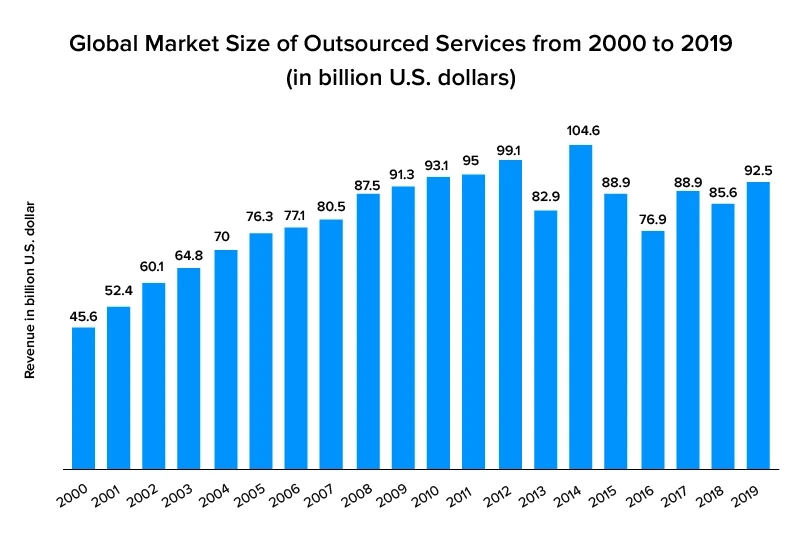What is SRM software?
An SRM software centralizes supplier-related data, helps update the fitting suppliers, analyzes their performance, and detects related risks to improve supply collaboration, planning, and management.
When we talk about the importance of the SRM system in supply chain and b2b businesses, there are two essential pillars to recognize
Evaluate if the suppliers are performing as per the organizational needs Identifying areas of improvement while engaging with suppliers throughout their lifecycleThe above two factors primarily exhibit why businesses need a supplier relationship management system. Apart from these, srm management gets businesses most of the supplier’s service. With constant evaluation, communication and feedback, it’s much easier to work closely with the suppliers and generate quick solutions.
Best practices for successful implementation of SRM
Supplier relationship management guides an organization about the strategies that run the entire lifecycle of the suppliers. Although many enterprises have their SRM process in place, most often, there is always a scope of improvement when it comes to dealing with suppliers.
Below are the five most preferred supplier relationship management practices the industry experts follow.
1. Value mapping
Many organizations primarily focus on cost-cutting post implementing supplier relationship management tools. Businesses can go beyond the expense factor and work on value drivers such as revenue growth, risk reduction, and asset utilization through the value mapping concept.
A successful value mapping can be done by placing mutual understanding, trust, and communication with suppliers to derive tangible business values. A structured and well-planned srm practice can help you extract the most out of the system.
2. Spend optimization
Now, cost and expenses are what keep your business healthy and running. Supplier relationship management practices like reduced inventory, collaborative supply chain analysis, joint demand management, and total modeling cost help you in optimizing the total business expenses. How, if you ask? The mentioned practices focus on delivering the cost-cutting initiatives and can bring down the expenditure graph for the short term.
3. Risk mitigation
Enterprises of all scales and sizes suffer from supply chain disruption at some point of time. The disruption could be due to price volatility, product or service quality issues, and third-party dependency issues; however, SRM tools and software can easily predict and manage these risks. A supplier relationship management system also helps you with automating the procurement process. The practice of mitigating risk and encountering a solution that benefits the value chain is highly followed in the supply chain enterprises.
4. Top-down approach
A successful SRM strategy is all about craftsmanship; therefore, it can not be achieved without onboarding the specialists and stakeholders in your process. Your SRM strategy implementation must start from the top rank and move down through managers and staff members. An effective SRM process keeps everything in the loop, from paperwork and people to operations and development.
Combined with a standard SRM system, these strategies can work wonders with supply chain management and bring you unlimited benefits. Now that we are talking about the business benefits let’s explore more.
Business benefits of SRM software system
An SRM software does more than just manage the supplier base. There are a number of benefits in pursuing SRM best practices and strategies for your business. Some of the significant ones are discussed below.
1. Quality control and cost-saving
Having a strong supplier relationship management process in your organization results in timely identifying cost-saving opportunities and scrutinizing the quality of supplier control. This directly contributes to the quality and cost factor and impacts the bottom line of the business.
2. Compliance with relevant parameters
Every supplier in the organization needs to fulfill a certain set of parameters to work efficiently. Through SRM, these parameters can be studied to analyze the supplier’s performance. This way, you can figure out if your business is getting the most value out of the supplier or not.
3. Growing supplier base management
A myriad of factors like increase in the operation scale, broad access to global suppliers, enhanced complexity of supply chain, etc., contribute to growing supplier base.
As the suppliers keep engaging with various organizations, it’s not just challenging but also impossible to manage the entire supply chain without an effective SRM process. SRM provides a 360-degree view of the entire supplier database to upgrade management.
4. Development programs for suppliers
Once you evaluate suppliers and their areas of improvement, supplier relationship management software can also help you design various development programs to support your suppliers. These programs cater to organizational needs and requirements and can act as a catalyst for fulfilling long-term needs.
5. Supplier self-service
Among all the above benefits, the most significant advantage of a supplier relationship management system is that it gives the power to your suppliers to manage their own data. They can create their own profiles, spot and assess new supplier partners, update order details, and track payments using a collaborative platform.
How can Appinventiv help you with SRM?
Whether you are just stepping into the supply chain business or looking to enhance your existing supply chain process, having a standard SRM system is crucial to all. When it comes to seeking enterprise software development services, you need a reliable source to guide you through the technical aspects of your business requirements.
Appinventiv not only helps you with technical insights but can also integrate SRM software and tools with your workflow successfully. You can efficiently address pressing issues such as low engagement, less transparency, supply risk, and less ROI using dedicated enterprise software.
0


